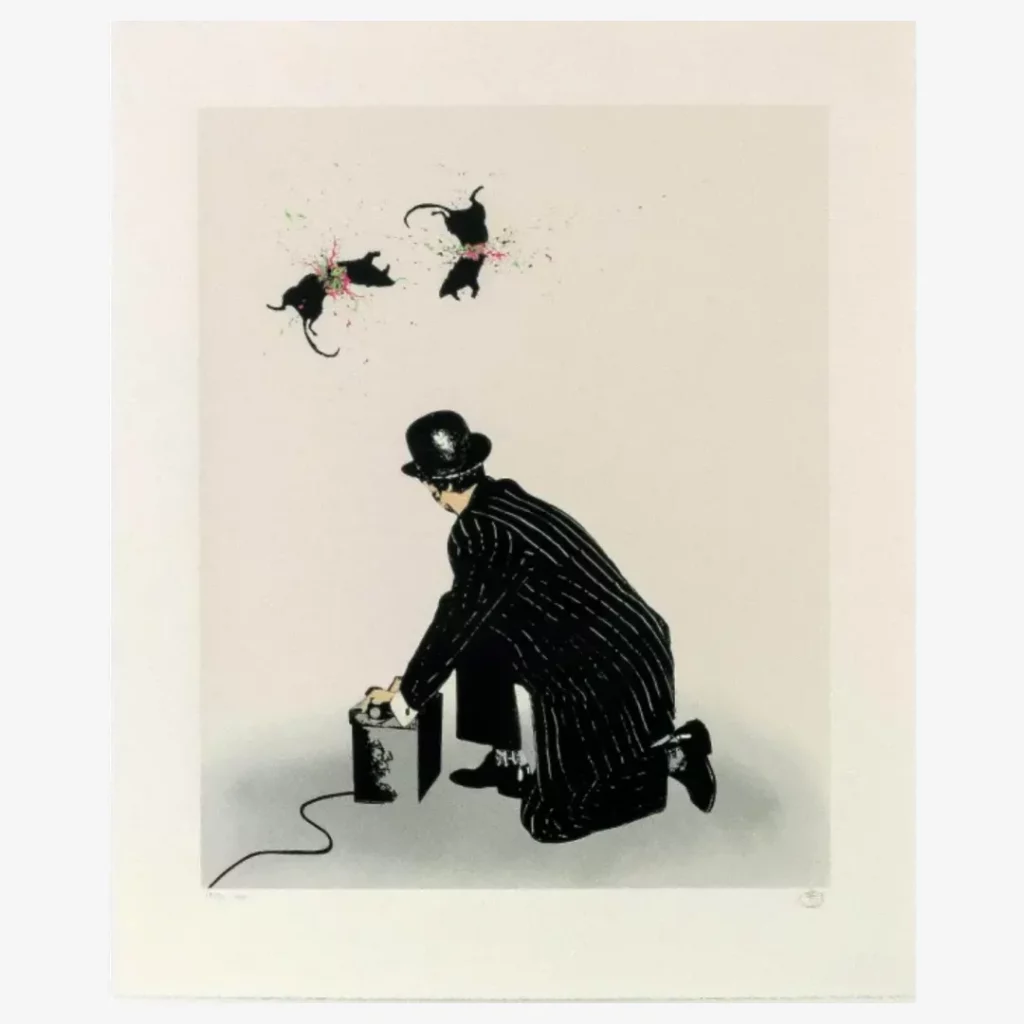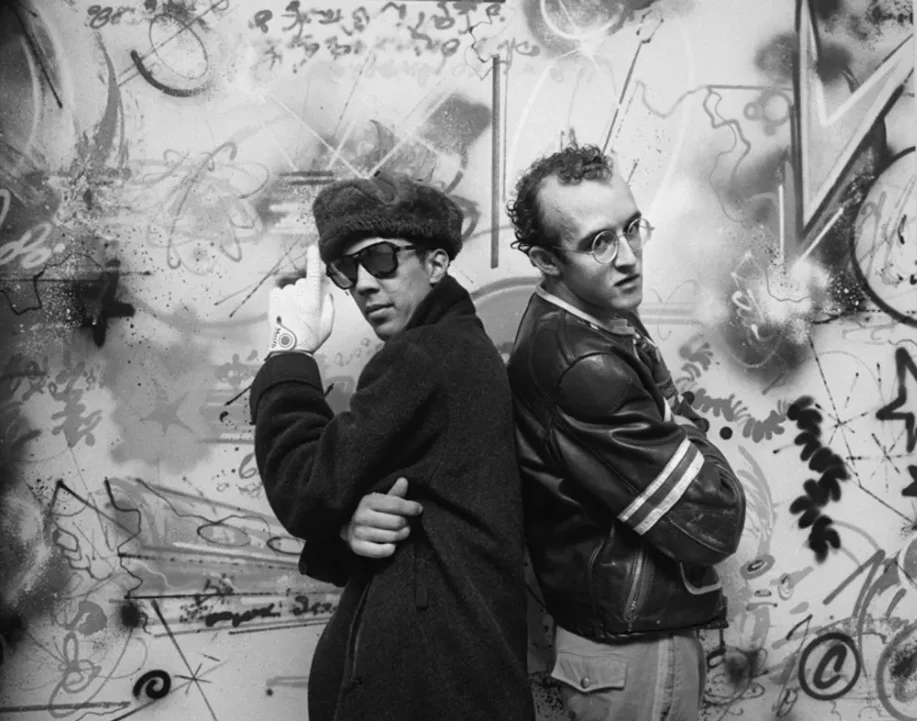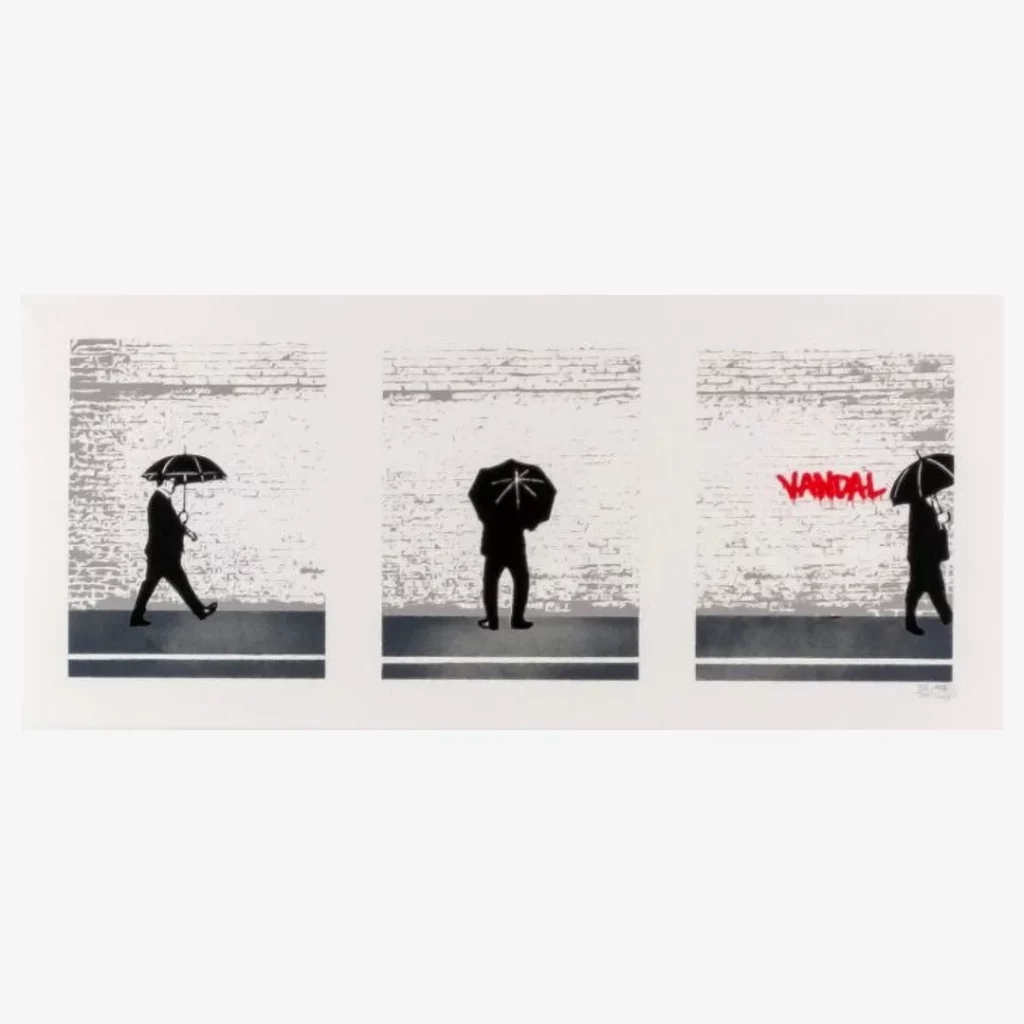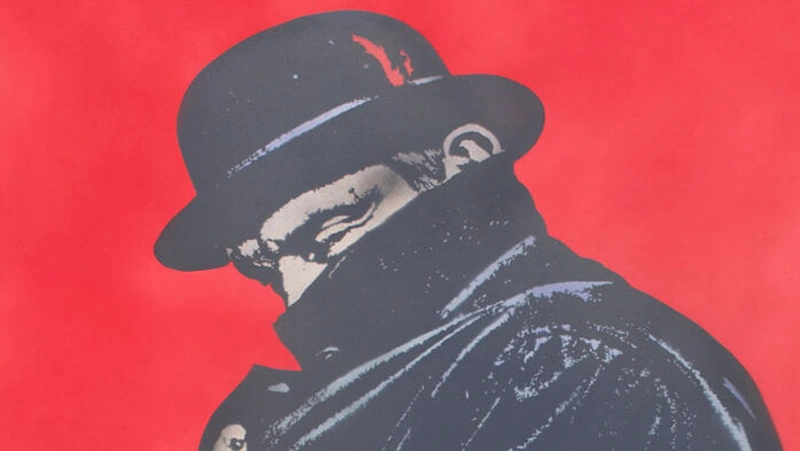Urban art, once confined to the gritty walls of city streets, has undergone a remarkable evolution, transcending its origins to become a prominent and celebrated genre within the art world. What was once seen as vandalism has now found a place of honor in galleries and private collections around the globe. In this blog post, we’ll delve into the fascinating journey of urban art prints. We are exploring how they have transitioned from spray-painted walls to elegant canvases. And how this evolution has contributed to reshaping perceptions of contemporary art.

The Rise of Urban Art
Urban art, often synonymous with graffiti, emerged as an expressive form of rebellion and social commentary. Emerging from the streets as a response to urbanization and cultural shifts, it quickly gained momentum among artists seeking an unconventional and public platform to voice their ideas. The graffiti movement introduced a new visual language to the world, characterized by vibrant colors, intricate designs, and a distinctive urban aesthetic.

The Evolution of Urban Art Prints
As urban art gained recognition and influence, artists began to explore ways to capture their works on more permanent mediums. The transition from walls to prints marked a pivotal turning point in the movement’s evolution. Urban art prints provided a bridge between the ephemeral nature of street art and the desire for lasting shareable pieces. This transition allowed artists to preserve their creations and reach wider audiences beyond the confines of physical walls.
Techniques and Mediums
Urban art prints encompass a variety of techniques and mediums that mirror the diversity of styles found within the genre. Screen printing, linocut, lithography, and digital printing are just a few of the methods artists employ to replicate their street art onto paper or canvas. These techniques enable artists to retain the authenticity and energy of their original works while allowing for experimentation and reinterpretation in the studio.

Breaking Boundaries: Urban Art in Galleries
The journey of urban art from the streets to galleries was met with both excitement and skepticism. Galleries, once hesitant to showcase graffiti-influenced works, began to recognize the cultural significance and artistic merit of urban art prints. What was once considered a subversive act started infiltrating the traditional art world, challenging conventions and diversifying artistic narratives.

Impact on Contemporary Art
The inclusion of urban art prints in galleries has broadened the horizons of contemporary art. It has paved the way for a new generation of artists to find recognition, blending urban sensibilities with traditional artistic techniques. This evolution has also spurred conversations about the nature of art, its accessibility, and its role in society. Urban art prints serve as a reminder that creativity knows no boundaries and that art can thrive beyond traditional confines.

Conclusion
The journey from streets to galleries represents a remarkable transformation for urban art prints. What began as a form of rebellion and expression has evolved into a legitimate and influential genre within the art world. The ability to capture the spirit of the streets on canvas has not only preserved the essence of urban art.
It has also ignited a dialogue about the intersection of culture, creativity, and tradition. As we witness urban art prints take their place alongside other forms of artistic expression, we celebrate the power of evolution and the enduring impact of urban art on contemporary culture.
Cover image: The Art of Nick Walker

Leave a Reply